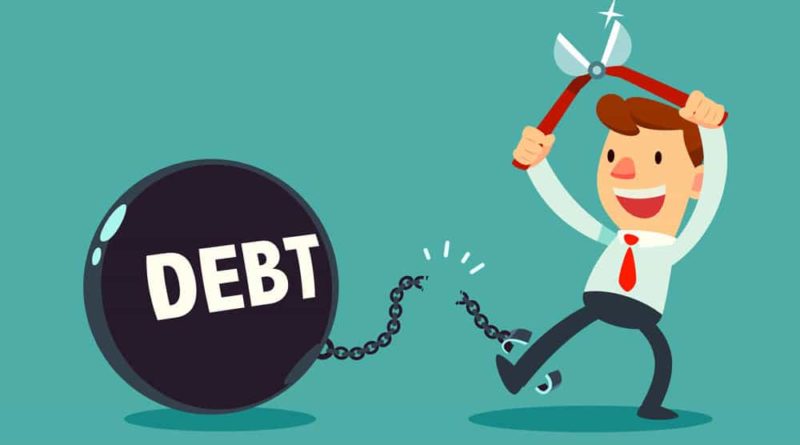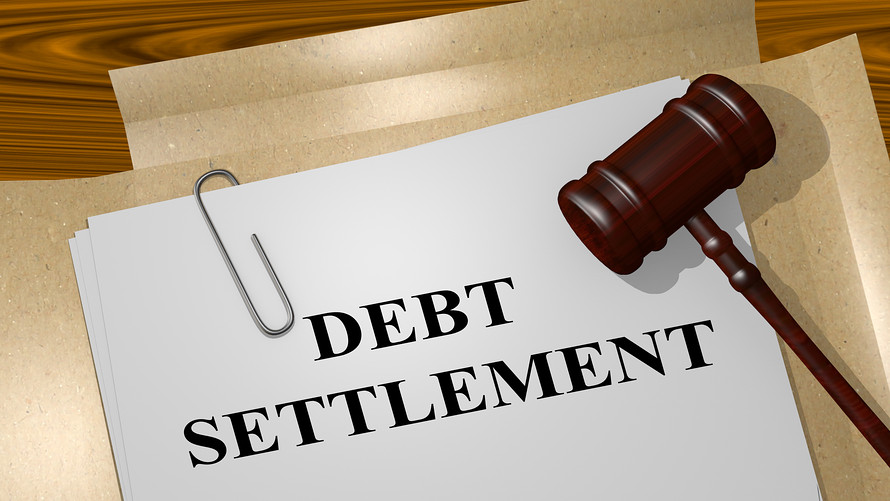Learning The Finer Points About Debt Settlement
Dealing with unpaid debts can be anything between mildly difficult to utterly nightmarish. The experience of not paying dues usually varies between the borrowers depending on the nature of their debts and the methods of debt collection their creditors use. Typically, it involves answering multiple collection calls per day and juggling various notices of lapsed payments. During such trying times, you might find it impossible to pay your existing debt in full, so you might want to negotiate with your creditors for new terms of payment. While many debtors attempt negotiating for new terms by themselves, it might help to get an experienced team on your side.
There are instances when credit card companies have agreed to accept a $3000 payment on a $5000 debt. That sounds like a dream come true for many. So, what can be so wrong about settling your debts? Why doesn’t all of America go for debt settlement instead of slogging off to pay their outstanding dues? As it turns out, saving money from settling your dues with a creditor can affect your credit record. Your credit score can drop, and it can affect your chances of getting loans in the future.
How debt settlement works
Has your debt settlement company told you how settling could decrease your credit score?
The credit bureaus receive all of your loan obligations per month. Your credit record indicates if your payments are on time, the status of your account and the presence of outstanding penalties on your account. Thus, when you settle a debt, the creditor will update your credit report with a status that says “settled.” You can argue that an “unpaid” status is much worse than a “settled” status, but you must know that any status other than “paid in full” or “paid as agreed” can drop your FICO score considerably. Studies show that settling your debts can hurt your score by 65 to 125 points depending on how long you are withholding payments and several other factors.
Since your creditors are not receiving the payment amount in full, the negotiation and settlement attempt will have a negative impact on your credit record. There are tons of factors that affect a person’s FICO score, but the settlement process hurts the record nonetheless. You can minimize the effects of debt settlement on your record by working with an NFCC or FCAA registered company with significant positive debt settlement feedback from genuine consumers.
While the credit scoring companies do not release detailed reviews on their scoring methodologies, a report from FICO may help you understand about the drop in the score that usually comes along with settled debts or unpaid debts. According to their reports, debt settlement is superior compared to bankruptcy. In fact, higher credit scores always fall faster and steeper than the lower FICO scores. Thankfully, the post-settlement drops are significantly less concerning and short-lived. You can improve your score by paying your future credit card bills on time and keeping your credit card expenses well within the credit limit.
How to recognize scam debt settlement programs?
While looking for debt settlement companies, always steer clear of companies that –
- Charge a fee before getting into negotiations with your creditor
- Guarantee a settlement or debt forgiveness from your creditors
- Promises to put a stop to all collection attempts and calls from the collectors
- Asks you to cut all lines of communication with your existing creditors, but does not explain its effects on your credit record
- Mentions “new government programs” without providing added information that can make your current debt go away
It is possible to settle for new terms that can help you pay off your debts for significantly less, but it is never a guaranteed process. Therefore, be very careful when you come across companies that promise these terms without any significant proof. Check the background information on any debt relief and debt settlement company before you get into business. Always ask to see their NFCC and FCAA accreditations when in doubt.
What should your debt settlement company tell you?
Here’s how a legitimate debt settlement company should work –
- They should disclose the price and terms – a legitimate debt settlement company always clarifies its rates and the terms of its service before you sign any paperwork.
- They will clarify the outcome – the company must speak at length about the effects of debt settlement on your credit record. Additionally, they should also mention how long it might take for obtaining results.
- Debt settlement companies much explain the offers – the representative or counselor must inform you about the details of the proposal they are making to your creditor on your behalf. They must mention how much money they are negotiating for or what percentage you might be paying to your creditor(s).
- Details about non-payment – the company must explain the pros and cons of non-payment in case their debt program relies on such a step. They must inform you about the possible negative consequences of the action and explain the drop in FICO scores you might experience after the settlement is over. There are chances that the creditors might not settle and decide to sue you instead. The credit card companies might charge added interest and fees, on top of what you already owe them. It is the responsibility of the debt negotiator to explain these possibilities to their clients before the negotiations begin.
- The company should provide you with other details – you should be able to communicate with them, and they should mention a few facts before they contact your creditor(s) –
- Know about the interest – You are entitled to the interests the funds earn after you deposit them to a new account.
- Referral fees – The administrator of the account does not receive referral fees, and he or she does not have affiliations with the debt relief company.
- Cash withdrawal – You can withdraw the amount from the account any time you please without paying the penalty.
- They should explain the tax consequences – the savings in the form of debt relief can become taxable. Your creditors can report a debt settlement to the IRS. Since the IRS considers debt settlement as an income, you are liable to pay taxes. The only other way is when you are “insolvent.” Unless you have a working knowledge about tax payments, speak with a professional to help you save money.
Debt settlement can be a smart option for anyone with formidable outstanding debts. However, to enjoy its benefits, you must work with a reputed debt settlement company that aims at helping American citizens get out of the hamster wheel of debt. Making up the lost scores is easier than you think and your credit counselor should be able to help you with that after you pay off your dues.





